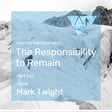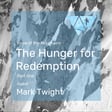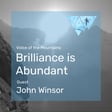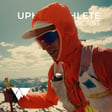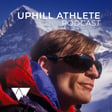
Uphill Athlete Book Club: Cory Richards, The Color of Everything
Cory Richards returns to the Uphill Athlete podcast for an in-depth conversation with Steve. The two discuss Cory’s book, The Color of Everything currently available by book or audiobook. The memoir delves into Cory's life from childhood to his career as a photographer, climber, mental health advocate among many other pieces of his identity. Steve and Cory discuss the book’s exploration of various psychological challenges like bipolar disorder, addiction, and narcissism and how they serve not only to highlight individual struggles but also to reflect on the universal nature of storytelling in shaping our identities. Tune in for a wonderful discussion on a powerful story.
Check out Cory's book on amazon and all other major platforms. Visit us at uphillathlete.com
